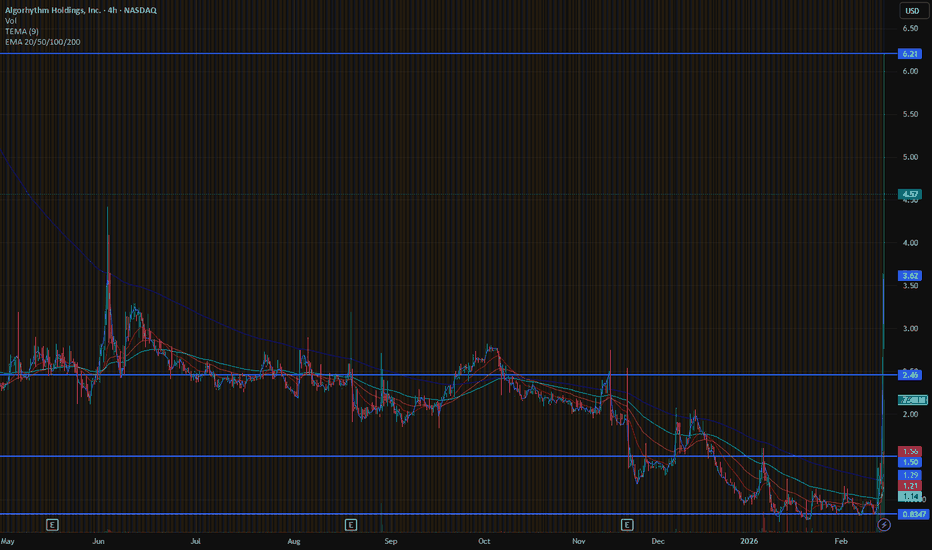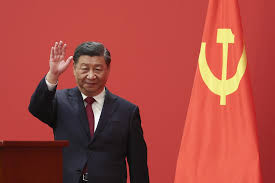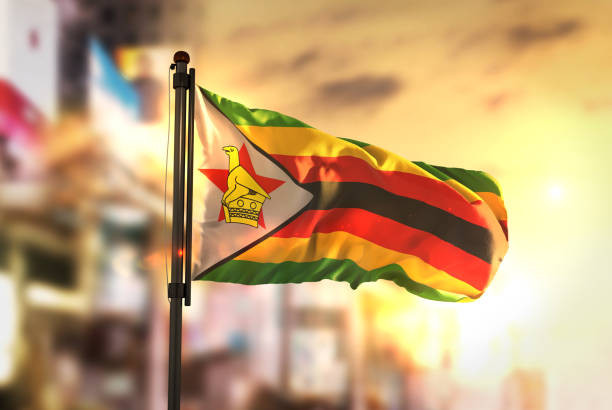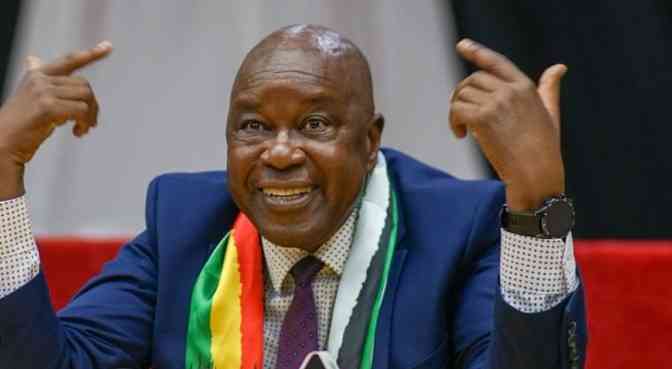
I attended two policy dialogues on May 15 that appealed to my intellectual conscience and by extension emotions in distinct ways.
The first of these policy dialogues — belated World Press Freedom Day commemorations convened at the United Nations Educational Scientific and Cultural Organisation (Unesco) regional office in Harare, had a direct bearing on my professional work and contributions to the future of journalism.
To that extent I had a more prominent role in the coordination of this dialogue — not least due to the fact that the network of media associations where I serve, the Media Alliance of Zimbabwe (MAZ) co-hosted this dialogue.
The other policy dialogue convened virtually by the Southern Africa Political Economy Series (Sapes) sought to unpack Zimbabwe's national political question and to make a case for a national transitional authority.
I followed the conversations from the sidelines and while the differences in the conceptualisation of these two policy dialogues are that of day and night, there were areas of convergence on at least three accounts.
First and foremost, the questions of authority or political power in any state or function have everything to do with everything.
While we discussed the impact of artificial intelligence on journalism as the global theme for the press freedom commemorations, the question of power and how it is exercised in use of technologies was central in the policy dialogue.
Whether one looks at it from a perspective of decolonisation of the use of artificial intelligence at a global level or from regulation and investment standpoint, there is clearly a role for state authority.
- ‘Shrinking democratic space affecting media in region’
- Editors memo: State must nurture Press freedom
- Stick to your mandate, police tell journos
- Freedom of expression as a driver for other human rights
Keep Reading
Now, if we are to define the national question for Zimbabwe from a standpoint of a transition, it becomes imperative to locate what that transition would mean for the future use of artificial intelligence.
Secondly, central to the policy dialogues on the impact of artificial intelligence has been the question of a growing digital economy and how that can cascade down to the ordinary person.
Yet if the national question is that of an economic meltdown and elite capture of the state and its institutions, debates on infrastructural development to support generative artificial intelligence and investment in innovation as examples, become secondary.
It is difficult to incentivise small to medium enterprises to innovate using artificial intelligence or for the media sector to be incorporated into the digital economy when these are structurally weak or captured.
Thirdly, at least for this instalment is how effective adoption of artificial intelligence is a function of a multi-sectoral approach wherein developments on the left hand affect the right one.
Successful implementation of artificial intelligence is hinged on a converged economic system and defined, consistent domestic and foreign policy.
So if the national ideological and identity proposition is not sufficiently defined and there are policy inconsistencies on the same, little can be harvested from the digital economy.
If the cost of the internet is beyond the reach of citizens and there is an unfair competitive advantage of big tech companies over local mobile network operators as a result of these policy inconsistencies the dialogues on the use of artificial intelligence will constantly make us subservient and perennial consumers.
Suffice to say, both policy dialogues left me with some provocative questions in respect to the future of both my profession and vocation — journalism and that of my beloved country.
There are many contraindications confronting the future of both journalism and the politics of Zimbabwe.
On one hand we need to acknowledge the bitter reality that journalism no longer wields the same power and influence in the pre-digital era.
It is a point now so elementary — it needs no further explanation.
Yet journalism remains the salt that preserves the information ecosystem. The benchmark of quality information with tried and tested methods of ensuring standards.
Artificial intelligence and broader technologies have brought with them opportunities to enhance journalism — be it data interpretation, improved audience experiences and enriched investigate journalism capabilities.
Yet, there are emerging ethical dilemmas from the use of these tools, algorithmic biases owing to the social construction of technologies and humans and therefore jobs being replaced.
Locating these debates is a function of understanding and mapping the matrix of political power and the response to these opportunities and challenges.
This is why the policy dialogue on the transitional authority and the connotative contradictions are essential to interrogate.
For instance, while the idea of a national dialogue is noble — more so for Zimbabweans to find each other, it remains unclear who a fair arbiter of this dialogue would be.
The church can be touted as a neutral convenor but that is subject to a consensus on what and who the church is.
To pave way for this transitional mechanism, a referendum — itself an election — ought to take place. When the very same electoral processes and bodies are a subject of mistrust and how over the years electoral processes have failed to resolve the political impasse.
Perhaps a referendum would be different in that where in a general election, people vote for personalities and individual persons and not an idea and ideals.
There is also a question of the composition of the authority and the process in which they are validated. Perhaps these are more of the nuts and bolts that the national dialogue process would be seized with.
What is clear, from the standpoint of journalism — in light of the polluted information ecosystem — is that there is need for credible journalism to disrupt the digital information super highway.
And that for Zimbabwe to benefit from the digital economy, there is need to resolve the political question. By way of engaging in a deliberate process of finding each other — in a transitional mechanism as is being proposed in some sectors or any other relevant process that restores our domestic and foreign identity.
We have missed numerous opportunities since the birth of our nation-state and we must not lose out on tapping from this digital economy.
*Nigel Nyamutumbu is a media development practitioner serving as the coordinator of a network of journalistic professional associations and media support organizations the Media Alliance of Zimbabwe. He can be contacted on [email protected] or +263 772 501 557.











